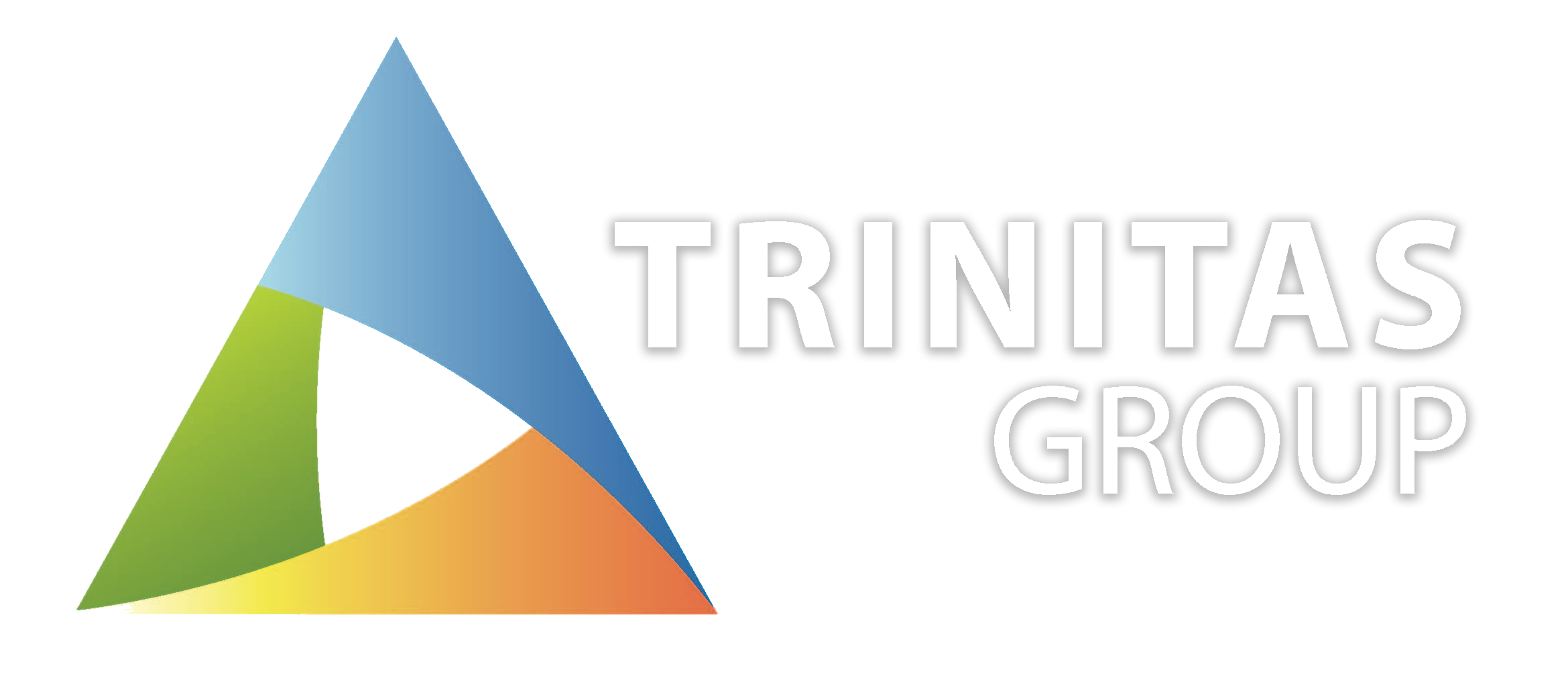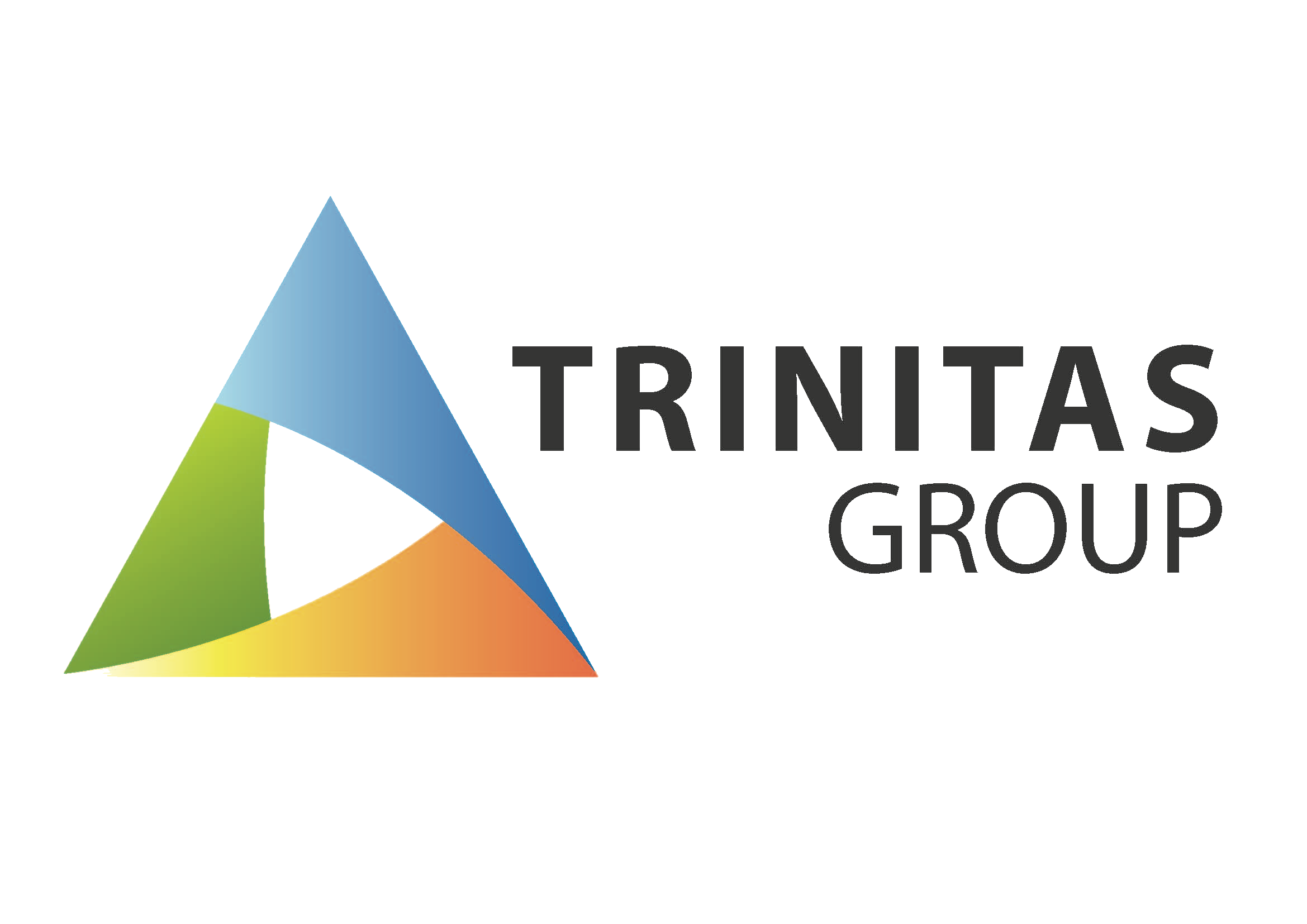Following the Bureau of Meteorology’s latest annual climate statement, three-month forecast and the extended heat conditions over much of Australia, work safety authorities have issued special heat warnings to employers.
$300K fine for third-time offender of WHS laws
An employee of a company previously convicted of a workplace fatality has been severely injured and the employer fined $300,000. In March of 2015, on a worksite operated by Ceerose
Proposed dust safety amendments and start date clarified in Qld
The Queensland State Department of Natural Resources, Mines and Energy revealed that it will reduce the regulated exposure limit for coal dust on 1 November 2018, contingent upon the decision
Noise controls must address chemicals, individual needs
The “action level” for workplace noise exposure and the benefits of hearing protective devices vary between individuals, while noise controls must mitigate the risk of exposure to ototoxic chemicals, according





